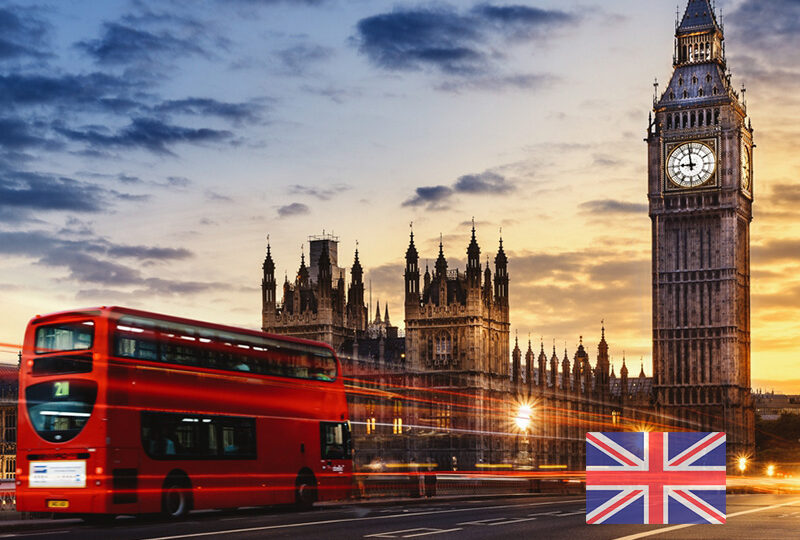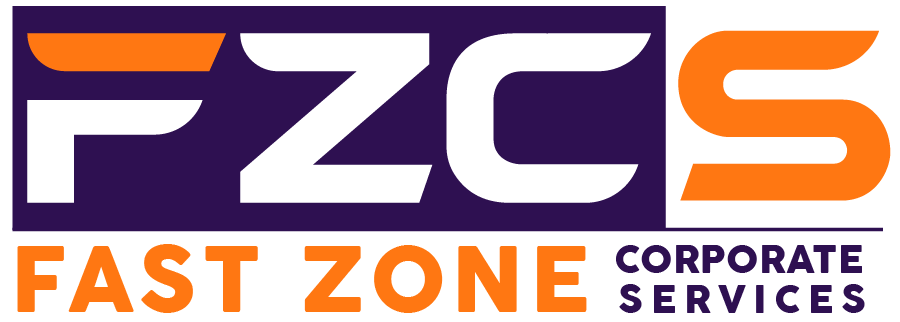
About Ireland Visa
Ireland offers various types of visas for individuals wishing to visit, work, study, or reside in the country. Here’s an overview of the different types of Irish visas:
- Short Stay Visas:
- Tourist Visa (Short Stay Visa, Type C): The Tourist Visa is for individuals who wish to visit Ireland for tourism, visiting family or friends, or attending events or conferences. It is typically granted for stays of up to 90 days.
- Business Visa (Short Stay Visa, Type C): The Business Visa is for individuals who wish to visit Ireland for business-related activities such as meetings, negotiations, or conferences. It is also typically granted for stays of up to 90 days.
- Transit Visa: The Transit Visa is for individuals who need to pass through Ireland on their way to another destination. It allows a short stopover in Ireland, typically for up to 5 days.
- Long Stay Visas:
- Employment Permit: The Employment Permit is for individuals who have secured a job offer from an Irish employer and wish to work in Ireland. The employer must obtain an employment permit on behalf of the employee.
- Study Visa (Long Stay Visa, Type D): The Study Visa is for individuals who wish to pursue full-time education in Ireland at a recognized educational institution. It is typically granted for the duration of the course of study.
- Join Family Member Visa (Long Stay Visa, Type D): The Join Family Member Visa is for individuals who wish to join a family member who is an Irish citizen or permanent resident in Ireland. This includes spouses, children, parents, and other dependent relatives.
- Investor Visa: The Investor Visa is for individuals who wish to invest a significant amount of funds in Ireland and start or run a business. It typically requires a substantial investment and the creation of employment opportunities.
- Other Visas:
- Working Holiday Visa: Ireland has reciprocal working holiday agreements with certain countries, allowing young adults to live and work in each other’s countries for a specified period. The Working Holiday Visa is typically available to individuals aged 18 to 30 or 35, depending on the country of citizenship.
- EU Treaty Rights: Citizens of European Union (EU) or European Economic Area (EEA) countries, as well as Switzerland, have the right to live, work, and study in Ireland without the need for a visa or permit under EU treaty rights.
Additional Information:
- Visa Application Process: The visa application process for Ireland typically involves submitting an application form, passport photos, a valid passport, supporting documents (such as proof of accommodation, financial means, and travel itinerary), and paying the applicable visa fee. Depending on the type of visa and the applicant’s nationality, additional documents or requirements may be necessary.
- Visa Validity and Duration of Stay: The validity of an Irish visa refers to the period during which the visa holder can enter Ireland, while the duration of stay refers to the length of time the visa holder is allowed to remain in the country after each entry. It’s essential to pay attention to both the validity and duration of stay specified on the visa to avoid overstaying or violating visa conditions.
- Short Stay vs. Long Stay Visas: It’s important for applicants to determine whether they need a short stay visa (for visits of up to 90 days) or a long stay visa (for stays exceeding 90 days). Applying for the correct type of visa is crucial to avoid complications or delays in the visa application process.
- Employment Permits: Individuals seeking to work in Ireland must obtain an employment permit from the Department of Enterprise, Trade and Employment (DETE) before applying for a work visa. The employer in Ireland must typically demonstrate that the position cannot be filled by an Irish or EU/EEA national.
- Language Requirements: Depending on the type of visa and the purpose of stay, individuals may be required to demonstrate proficiency in the English language. This may include providing proof of language proficiency through standardized tests such as the IELTS or TOEFL.
- Health Insurance Requirement: Ireland requires all visa applicants to have valid travel and medical insurance covering the duration of their stay in Ireland. It’s advisable for travelers to obtain comprehensive health insurance that covers medical treatment, hospitalization, and emergency evacuation in case of illness or injury while in Ireland.
- Registration with Immigration Authorities: Some long-stay visa holders in Ireland may be required to register with the Garda National Immigration Bureau (GNIB) or the Irish Naturalisation and Immigration Service (INIS) upon arrival in Ireland. This includes individuals with employment permits, study visas, or family reunion visas.
- Consulting with Immigration Professionals: Due to the complexities of Irish visa regulations and procedures, individuals may benefit from seeking advice and assistance from qualified immigration lawyers, visa agencies, or consultants. Immigration professionals can provide guidance on visa options, assist with the preparation of visa applications, and address any concerns or issues that may arise during the process.
Immigration Opportunitie
A provider of Global Immigration and Citizenship solutions to a discerning few. Can-Quest International can make the goal of securing this status for your family a reality and in the shortest time possible. Canada, Australia, USA, St. Kitts & Nevis, Portugal, etc, are some of the many options available.


Austraila
Prepare all required documents for your visa application, such as a valid passport, completed visa…
Read more
UAE
This type of visa is for individuals visiting the UAE for tourism purposes. Tourist visas…
Read more

United Kingdom
The United Kingdom (UK) offers various types of visas for individuals wishing to visit, work,…
Read more